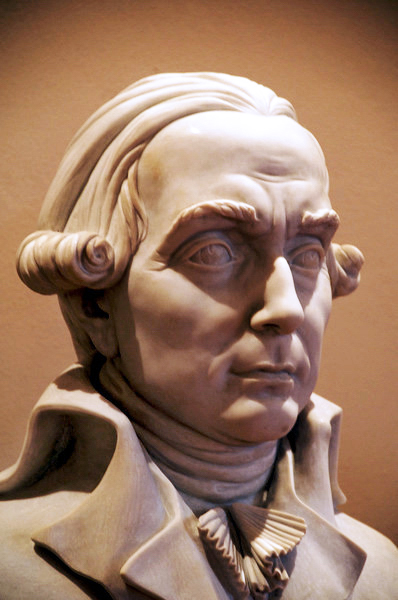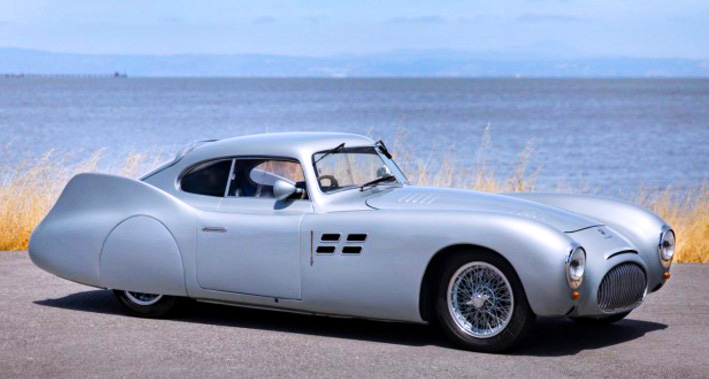“Tutti gli uomini sono per natura egualmente liberi e indipendenti” by Filippo Mazzei
All men are by nature equally free and independent. Adapted by Thomas Jefferson for the Declaration of Independence.
In the minds of many, the Fourth of July holiday is not associated with Italian American heritage. However, like many milestones in American history, Italians have made significant and lasting contributions to our independence. A true Renaissance man who had a strong influence during our country’s early years was Filippo Mazzei.
He was born into a successful mercantile family on Christmas Day, 1730, in Poggio a Caiano, in the region of Tuscany, Italy. Filippo studied medicine at an early age at the University of Florence and practiced in Pisa. He then traveled to Istanbul, Turkey, for advanced studies. Filippo was a gifted linguist and spoke several languages. He eventually turned his attention to the family’s business interests and moved to London in 1755, where he founded a prosperous business importing Italian products. Among them were the family’s Chianti wines. The Mazzei family had been (and to this day still are) the proprietors of Castello di Fonterutoli since 1435. Ser Lapo Mazzei (1350-1412) was a winemaker in Carmignano and became chancellor of the Florentine Republic. He was also the author of the first official document mentioning Chianti wine, December 16th, 1398.
In 1757, Benjamin Franklin arrived in London as the diplomat for the Pennsylvania Assembly and a commercial agent for the colony. It was there that Mazzei met Franklin. The two men had many scientific and agricultural interests in common. Mazzei was very impressed with Franklin’s ability to discuss a broad range of topics while knocking back glass after glass of wine and Franklin felt that Mazzei had an adventurous and independent spirit that was kindred to the colonists back in America.
One of Filippo’s friends in Italy was Pietro Leopoldo, the Grand Duke of Tuscany. He had written to Mazzei asking him to commission two of Franklin’s stoves. During the negotiations, Mazzei also discussed with Franklin a plan to export Tuscan products and olive trees to the colonies. Franklin thought it a good idea and after discussions with John Adams, Mazzei was invited to America.
Adams believed the soil in Virginia to be fertile and encouraged Mazzei to draw up agricultural plans for the cultivation of Mediterranean fruits and types of plants. This encouragement, coupled with Mazzei’s own passion for viticulture and horticulture, inspired him to create a visionary viticulture program for the colony. Mazzei’s intention was to bring the culture and tradition of Tuscan wine-making to Virginia. By 1771, Mazzei had developed a plan for Adams and other Virginians, including Thomas Jefferson. This plan indicated that Mazzei was to import 10,000 grape vines from various regions of Italy and other parts of Europe. He chartered a ship and on September 2, 1773, sailed from Livorno, Italy to Virginia. Among the things he brought with him were plants, seeds, silkworms, ten farmers from the Lucca area and a widow from Piedmont named Mary Martin, who was a tailor, who later became Mazzei’s wife. Upon his arrival in Virginia, he was met by his friends, Franklin and Adams. A number of dinners were hosted in his honor and he was introduced to the elite of Virginia society, including George Washington, George Mason and Thomas Jefferson. When Mazzei arrived at Monticello, Jefferson persuaded him to stay and gave him 193 acres of land on the south side of Monticello. Mazzei purchased about 700 more acres by 1778 and named his farm Colle. He planted the first European vines at Colle and with Jefferson and some other notable investors, including George Washington, established the first commercial vineyard in Virginia.
Jefferson quickly recognized in Mazzei a man of similar intellectual spirit and a political ally for Colonial independence. The two men began a friendship that would last their entire lives. Jefferson also encouraged Mazzei to use his writing skills and publish politically-based pamphlets. Mazzei agreed and selected the pseudonym “Furioso.” Mazzei confided to Jefferson that he was more adept at expressing his political views in Italian. Jefferson, who was fluent in Italian, then translated Mazzei’s writings into English. It is from this collaboration that an article appeared in 1774 in the Virginia Gazette authored by Furioso which read:
“Tutti gli uomini sono per natura egualmente liberi e indipendenti.Quest’ eguaglianza e’ neccessaria per costituire un governo libero. Bisogna che ognuno sia uguale all’oltro nel diritto natural.”
Followed by Jefferson’s translation:
“All men are by nature equally free and independent. This equality is necessary in order to create a free government. All men must be equal to each other in natural rights.”
Thus, one of the most important political concepts put forth at that time – That all men are free and equal, was actually penned by Filippo Mazzei.
Mazzei’s political theory found its way into the Virginia Declaration of Rights, which was authored by his good friend George Mason, who is also credited with drafting the first amendments to the U.S. Constitution known at The Bill of Rights.
Two months after the Virginia Declaration of Rights, Jefferson wrote the Declaration of Independence, which again paraphrases Mazzei’s original thoughts. These basic ideals, so fundamental to who we are as a nation, were first offered up on American soil by an Italian, in Italian.
In 1774, Filippo Mazzei became a naturalized citizen of the Virginia Colony. Hostilities broke out with England in 1776. Mazzei enlisted as a private in the “Independent Company” of Albemarle County and participated in actions against British Forces in Virginia. In 1778, Jefferson, Patrick Henry and George Mason asked Mazzei to travel to Europe in an attempt to raise loans for the colony and purchase supplies and weapons. Before he could leave, he and his family were arrested by the British, placed on a British ship and sent to prison in Ireland. Remarkably, in Ireland, Mazzei and his family were able to escape. They travelled secretly through Britain, then France and finally back to Tuscany, where Filippo was able to obtain substantial loans for the American cause from his friend, the Grand Duke of Tuscany. Mazzei remained in Europe, purchasing supplies and arms for the Colonists’ fight and supplying intelligence to Jefferson through to the war’s end.
He returned to America in 1783, but within two years returned to Italy to attend to his business affairs, too long neglected during America’s revolutionary period. His wife remained behind in Virginia at the family’s estate – Colle Hall. While he was in Europe, he remained an avid voice for the American Republic and provided the first translations of the U.S. Constitution in Italian. In 1788, he completed his four volume history of the colonies titled, “Recherches Historiques et Politiques sur les Etats-Unis de l’Amérique Septentrional.” In that same year, his wife, Mary died in Virginia. She is buried in the Jefferson family cemetery at Monticello. Mazzei maintained an active correspondence with Jefferson, Madison, Adams and Monroe for the rest of his life. He died peacefully in Pisa on March 19, 1816.
In the 103rd United States Congress (January 3, 1993 to January 3, 1995), Filippo Mazzei’s contribution to the founding of our nation was finally officially recognized. By Joint Resolution of Congress, it was noted that Jefferson borrowed the expression, “All Men are Created Equal” from his friend and neighbor, Filippo Mazzei.
Two hundred and fifty years after his birth, the United States dedicated a postage stamp to Mazzei. His legacy lives on and was celebrated with the planting of native, exclusive vines from the Marchesi Mazzei Estate of Fonterutoli in the Chianti Classico region of Tuscany.





